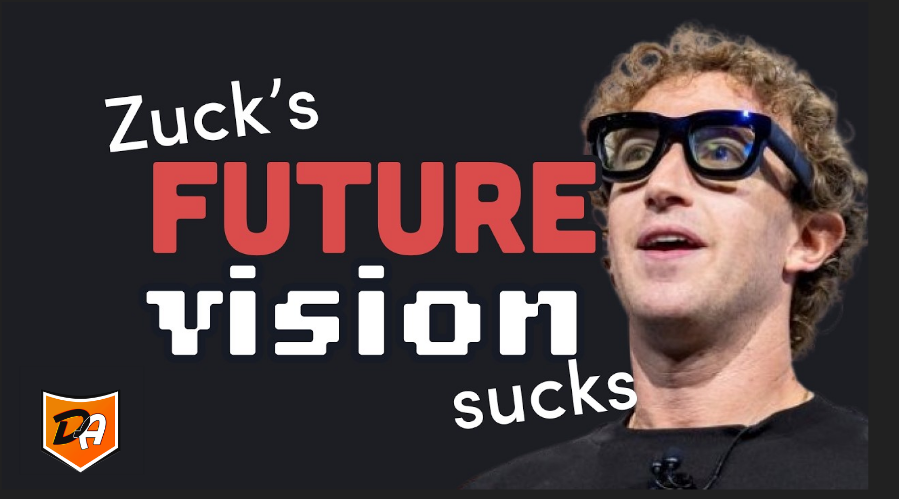The most dystopian app ever made
Consider an application that takes advantage of all conceivable technologies to produce an experience of hyper-personalization and total control: AI-based surveillance, facial recognition, predictive analytics. This forms the very nature of what would be the most dystopian application ever created: one to predict your needs, influence your decisions and restrict your freedom in the name of convenience and productivity. What would happen though, if the worst possible app was not a fantasy of the future?
The actual horror of the most dystopian app to date is not only in the technology of the app, but in the possibility of desensitising control and leeching out critical thought processes. With the help of subtle manipulation of information, the reward of conformity and discouragement of dissent, such an app would be able to produce a society in which people are not aware of the fact that they are under the domination regime. Is the most dystopian app just an idea, or a reality, about to come through?
-
Conroe, Texas
- Added by davieasyo
- $52.64 per hr
davieasyo
Rated: 4 stars
The most dystopian app ever made… https://www.youtube.com/watch?v=zvbTDUSz8Cc
What Makes I-XRAY the Most Dystopian App?
The I-XRAY app is creating major concern over privacy and misuse leading to questions of: what is so dystopian about the I-XRAY app? Its capability of using AI and smart glasses to identify individuals in real-time poses an opportunity to an unmatched type of surveillance and demolition of the notion of personal privacy.
A step beyond being able to recognize people based on their faces, the capabilities of I-XRAY are said to include the ability to retrieve and present one with a pool of their personal information and thus real time doxing. This creates the threat of being observed all the time, of molestation or even violence. Is this finally the most dystopian of the apps based on the amount of information shown?
Although the I-XRAY app was probably designed as a proof of concept or even a cautionary tale, the fact that it exists illustrates the danger of AI-based monitoring. The dilemma must be posed: how can we walk the line between innovative technological development and the core democratic value of privacy, and what laws should be put in place to ensure that such an app as the I-XRAY is never allowed to escape the computer lab in the first place? Is it the most dystopian application owing to the fact that it is real threat?
I-XRAY: Real-Time Doxxing via Smart Glasses Explained
I-XRAY is introduced as an application using smart glasses to attain real-time doxing. What about this in practice though? In a nutshell, glasses take videos, AI recognizes people and the app immediately enlists personal information that corresponds to the individuals registered.
What makes I-XRAY so threatening is the speed and ease, which the technology can supposedly be used to access and release personal information. It is like you are in the street and your name, address and other information is instantly disclosed to a person on the glasses. This is real-time doxing in its potential form and that is why I-XRAY is perceived to be dangerous.
I-XRAY may be a demonstration currently but it sends a dire warning about what new technologies will become. It is important to know how I-XRAY makes doxing in real time possible so that the measures and principles of privacy protection can be developed to safeguard personal privacy in the more monitored times.
What Information Can the I-XRAY App Reveal About Me?
This is a significant issue of particular concern to the exact scope of information that I-XRAY is possibly capable of revealing. Varies according to the data sources and algorithms, it may retrieve your name, your address, your social media, employment history, and even contact numbers. The question that occurs to many people is what can the I- XRAY app tell them.
It is worthy to mention that, the data they use to display in I-XRAY may not in all cases be truthful. Lumping may give rise to errors and misidentification of persons who may end up being harmed even though they are innocent. Credibility of data is vital. What the I-XRAY app can tell about you may be inaccurate.
It takes both a combination of strategies to protect your personal information against the likes of apps such as I-XRAY. This involves checking your internet footprint, restricting your privacy on social applications and supporting legislation around data protection. Just to see which information can be detected by the I-XRAY app, it is worth going through the available information concerning you.
